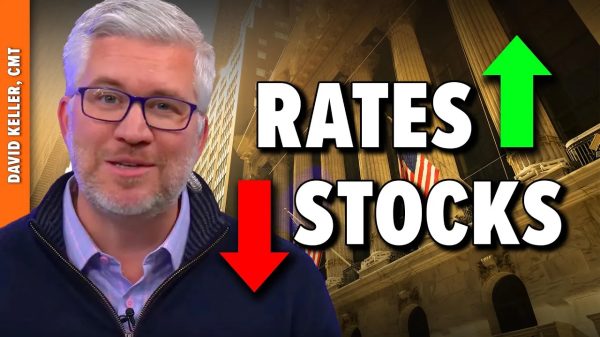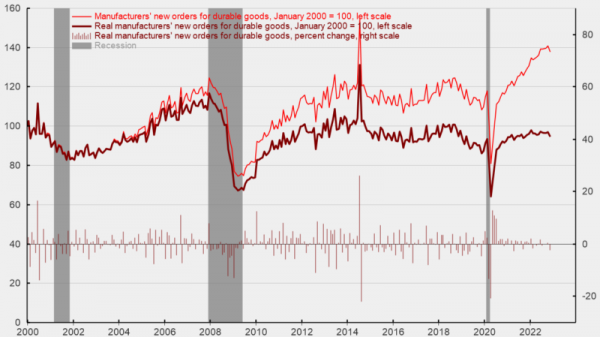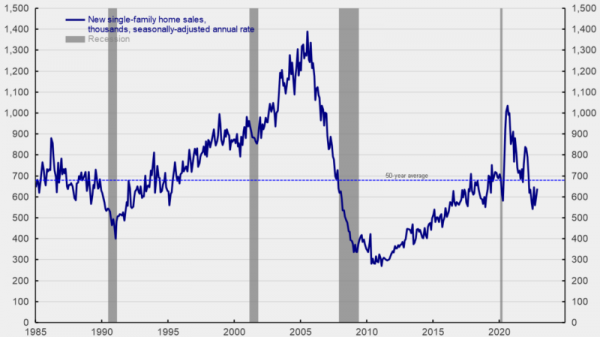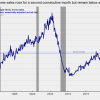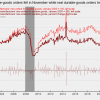
JPMorgan Chase, along with other major US banks, has made a decisive move away from the Net Zero Banking Alliance (NZBA), signaling a significant shift in Wall Street’s stance on climate-related financial alliances.
As of this week, JPMorgan’s exit from the NZBA marks the culmination of a larger trend, with firms like Morgan Stanley, Citigroup, Bank of America, Wells Fargo, and Goldman Sachs following suit.
The banks are increasingly choosing to advance their green finance agendas independently, sparking debate over the role of financial institutions in promoting climate action.
What is Net Zero Banking Alliance (NZBA)?
The Net Zero Banking Alliance, launched in 2021 as part of the Glasgow Financial Alliance for Net Zero (GFANZ), sought to unite banks in a collective effort to achieve net-zero emissions by 2050.
Initially, it garnered strong support, with banks touting their participation as a commitment to environmentally conscious financial practices.
However, these affiliations have come under fire from political circles, particularly with the impending shift in US leadership as Republicans prepare to take over Washington in 2025.
This political pushback, driven by concerns over “woke” investing, has prompted some of America’s largest banks to reassess their memberships in environmental initiatives.
Criticism of financial climate alliances is not new.
In December, the House Judiciary Committee, led by Republican Jim Jordan, accused these groups of forming what he described as a “climate cartel.”
This political backlash has gained traction in the wake of the 2024 elections, with figures like former President Donald Trump leading the charge against green finance groups.
Trump’s firm support for fossil fuels, including his “drill, baby, drill” rhetoric, has exacerbated divisions between US and European financial institutions on climate action.
JPMorgan’s response
JPMorgan, in particular, has expressed its intent to continue promoting low-carbon technologies and advancing energy security through independent efforts.
The bank emphasized that its decision to leave the NZBA does not signal an abandonment of its climate goals.
Instead, it will focus on pragmatic, market-based solutions that align with its business interests and shareholder priorities.
JPMorgan’s asset management division will also maintain its membership in the Net Zero Asset Managers Initiative (NZAMI), which focuses on decarbonizing various sectors of the economy.
Despite the exit of major US banks, some institutions, such as Citigroup, remain committed to the broader Glasgow Financial Alliance for Net Zero.
Citigroup, along with Bank of America and BlackRock, was a founding member of GFANZ. However, recent adjustments to the alliance have loosened participation criteria, signaling an evolving approach to climate action.
American vs. European financial institutions
The withdrawal of these US banks has intensified the split between American and European financial institutions on climate change commitments.
While European banks, including giants like HSBC, Barclays, and Lloyds, remain steadfast members of the NZBA, American banks are increasingly choosing to distance themselves from international climate coalitions.
This divergence highlights the growing tension between the US political landscape and global efforts to combat climate change.
As the financial sector grapples with its role in environmental sustainability, the departures from the Net Zero Banking Alliance raise questions about the future of climate finance and the competing pressures facing global financial institutions.
The post Why are major banks like JPMorgan, Citi, and BofA leaving Net-Zero Banking Alliance? appeared first on Invezz










